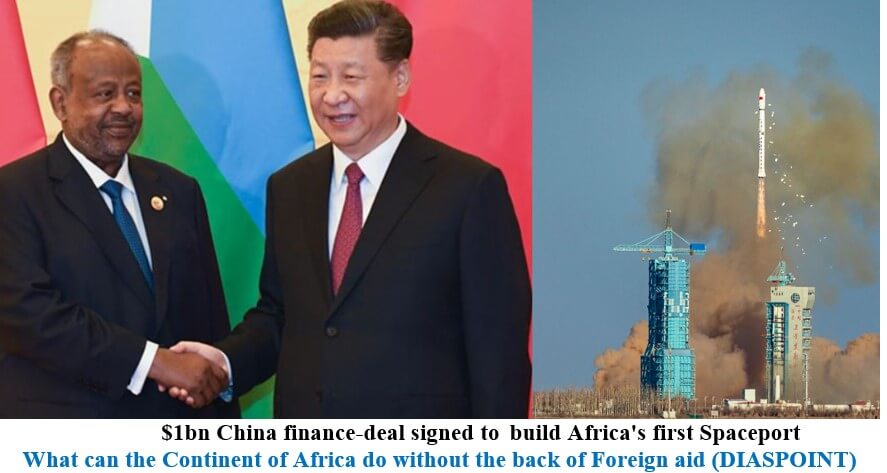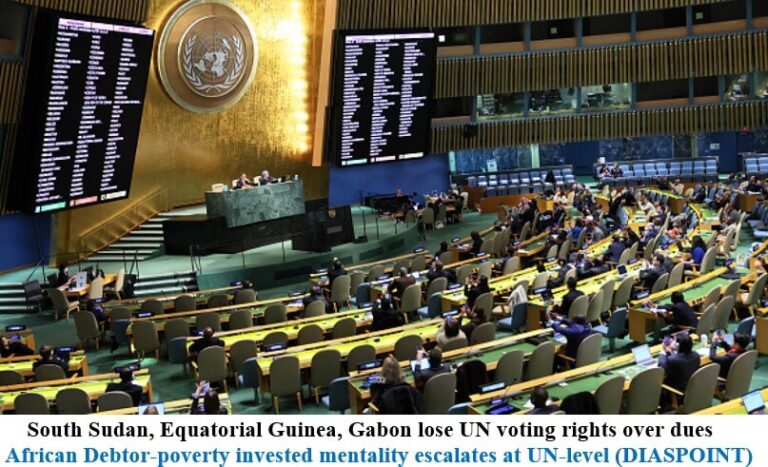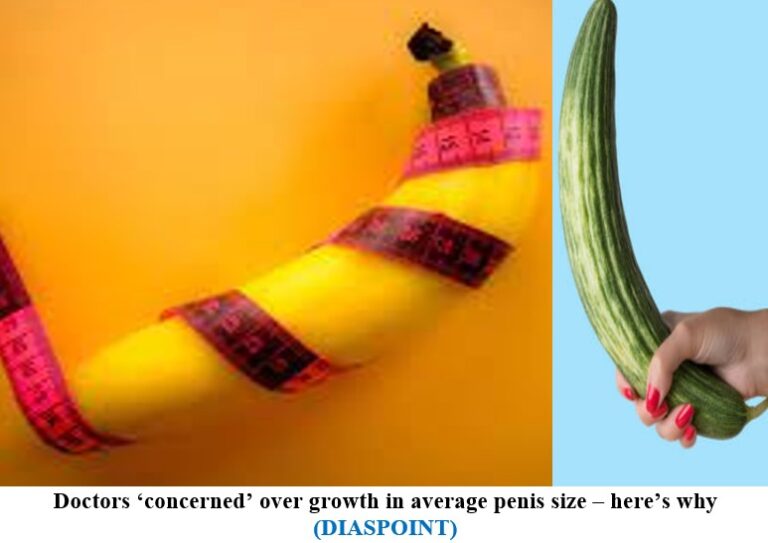$1bn China finance-deal signed to build Africa’s first Spaceport
Africa is due to build its first spaceport as Djibouti signs a deal with Hong Kong Aerospace Technology Group (HKATG) to build a $1bn facility to launch satellites and rockets.
The move, which comes two years after the country announced plans to build two satellites, would help meet Chinese demand for space launch facilities, HKATG said.
It said Djibouti occupied a strategically important position in the Horn of Africa. Its relative proximity to the equator is also advantageous for space launches.
Touchroad International Holdings, a company which has been involved in building the Djibouti Special Economic Zone and mining projects, will also help develop an international commercial spaceport in the northern Obock region.
The facility is set to cost an estimated $1bn, said the Djibouti government.
Djibouti’s president Ismail Omar Guelleh said the facility will consist of seven satellite launch pads and three rocket testing pads, to be finished in five years.
The Djibouti government, according to the preliminary MoU, will “provide the necessary land (minimum 10 sq km and with a term of not less than 35 years) and all the necessary assistance to build and operate the Djiboutian Spaceport”.
The project will include the construction of port infrastructure and highways in the region to facilitate the transport of aerospace materials from China as well as power and water infrastructure.
HKATG said currently most commercial satellites are launched through a system it compared to “carpooling” – one rocket carrying multiple satellites.
“Facing the high demand for commercial satellite launches in China in recent years, the demand for launch pads has been far outstripping supply,” the company said.
“The development of Djibouti’s Spaceport will break the restrictions of the existing business model and have a positive impact on HKATG’s business development.”
Djibouti will not immediately own the spaceport but will receive the infrastructure when a 30-year co-management contract with HKATG expires.
In 2022, Djibouti announced that it was working on launching two satellites named the Djibouti 1A and Djibouti 1B.
Djibouti 1A, an earth observation nanosatellite, will provide country-wide, real-time data from climatological and seismic stations to enhance agriculture.
Djibouti-1B will help keep track of the changes in water resources.
Last year a report by Space in Africa estimated that the African space economy in 2021 was worth $19.49bn.
The sector was set to grow by 16.16% to $22.64bn by 2026 and currently employs over 19,000 people across the continent.
Key parts of African space projects include satellite communication, which aims to help bridge the connectivity gap, navigation services and satellite TV.
The report said 13 African nations had manufactured 48 satellites.
The report noted there had been a shift among African countries from developing large to small satellites, largely due to the high cost and long development time of the former.
Small satellites aimed at weather forecasting, crop management and providing early warning systems for natural disasters are expected to prove especially useful for the continent. Source: cips.org







